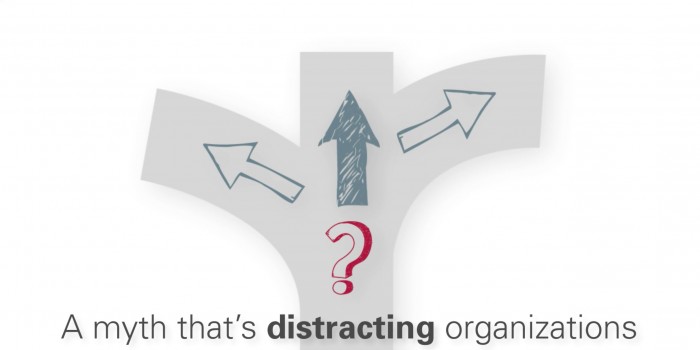The suggestion that customers can be loyal is odd. Think about it for a moment; who are you really loyal towards? Your family, your friends, your colleagues? Loyalty exists for a reason; it is the glue that makes us do the right thing so that we can have the benefit of being part of a group. The reason that we have the capacity to be loyal is because evolution has determined our chances of survival are better if we team up with other people. There is no loyalty towards brands. As consumers we know that our money gives us the power to choose. If we switch brands we don’t feel the psychological counterbalance of shame and guilt about the company we’re leaving behind. In fact, we feel precisely nothing about our ‘ex’ brand. Describing someone’s repeated use of a brand as ‘loyal’ is a projection of emotions that simply aren’t […]



Recent Comments